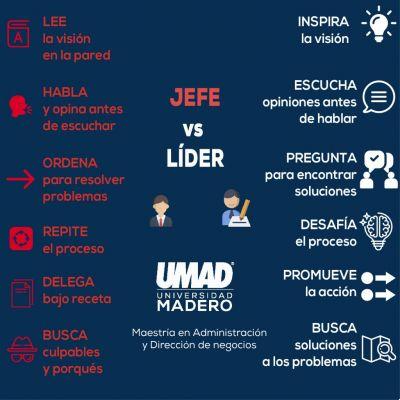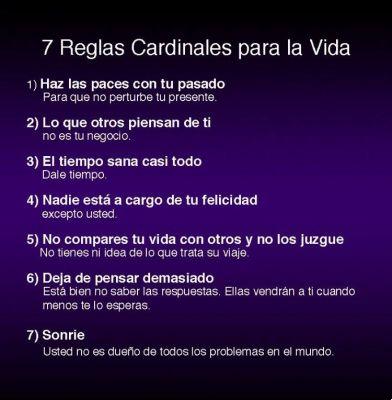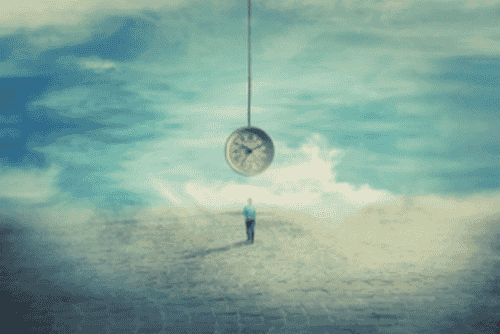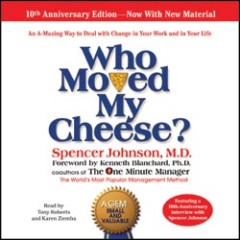When we refuse to forgive ourselves we do not change the past (it is not possible), but we paralyze the present and limit the future.

Last update: January 09, 2022
Throughout our lives, we make decisions, some more successful than others. Along the way we can make mistakes, fail, hurt ourselves and others. However, all experiences are welcome and mistakes are inevitable. Both success and failure help us grow and shape our person. To move forward it is therefore necessary to forgive yourself.
When we overestimate our failures, when we fail to integrate them as part of our history, guilt can paralyze us.
Living thinking that everything could be different, regretting an action that can no longer be changed, causes only pain and bitterness. Start forgiving the past self is the best solution.
Forgive yourself, why is it difficult?
Knowing the causes of our inability to forgive ourselves can help us overcome the problem. Among the most common reasons are:
- The perceived severity of the error. And we emphasize "perceived" because many times we magnify our mistakes to the point of considering them unforgivable. Nothing more wrong.
- Wounded ego. Forgiving yourself is impossible for people who are very hard on themselves. They punish themselves despite having made the slightest mistake.
- External agents. The inability to forgive oneself can depend on the constant reminder sent by the surrounding environment. For example, when a loved one continues to blame us for a mistake made.
These causes can occur simultaneously in an individual and severely damage his self-esteem. That's why we have to be attentive and be more compassionate towards ourselves. Remember that we all make mistakes and that's okay.
How to forgive yourself?
1. I did my best
Many times we analyze our past decisions from the prism of the person we are today. With what we know today, our past actions may seem crazy and wrong. This is how we scourge ourselves for not choosing our words and behaviors better, and we blame ourselves incessantly.
However, we forget that at that time we did not have the same knowledge as today. We certainly lacked maturity and experience and acted to the best of our ability under those circumstances.
We did our best based on the level of consciousness possessed at the time. What happened, it had to happen. We couldn't do it any other way because we didn't know.
It is not logical to punish yourself without taking into account the context. If today we think differently, we are grateful to have learned and compassionate with the past self. Did not know.
Perhaps his priorities were different at the time, his most pressing fears and his most limited resources. He did his best and the only thing he could do.
2. Forgiveness is liberating
Sometimes it is difficult to forgive because we feel that doing so involves justifying wrong behavior. We cling to resentment, thinking that it constitutes a kind of penance towards the wrongdoer.
However, the only person who gets hurt is the one who refuses to forgive. Carrying a grudge is like taking poison and waiting for the other to die.
The same is true when we don't forgive ourselves. We are unable to do this because, perhaps, the consequences we have generated have been painful and unpleasant. However, we cannot go back in time and change what happened.
Continuing to scold ourselves fills our soul with bitterness and prevents us from continuing along our path.
Guilt without action is the most useless feeling that exists, it does not relieve the guilty or the offended. Instead, it is preferable to take action and compensate for the damage caused. Ask for forgiveness and do what is in your power to compensate the victim.
When it comes to ourselves, the same is true. Apologize for all bad experiences caused by bad decisions.
For example, if we still blame ourselves for allowing someone to disrespect us, let us apologize for not defending ourselves properly. Then let us offer ourselves all the self-love that we could not give ourselves then. Let's break free and move on.
3. As long as you learn, you are not mistaken
Try to change the image you have of the error. It is not the enemy, it is not a negative element that must be eliminated from one's life. Making mistakes doesn't make people bad, we don't deserve to be punished for life.
Failure is part of growth, it teaches us to know and improve ourselves. Surely, even the worst mistake of your life has brought you a valuable lesson that you wouldn't have had if you didn't. We assure always learning from mistakes. As long as she learns, she is not mistaken.
To forgive is to allow yourself to move forward
We should stop blaming ourselves for the past and give ourselves a new chance. We deserve a full and free life, we have the right to fall and get up, to make bad decisions and to learn from them.
Mistakes don't define us, the attitude we adopt towards them does. Therefore we understand ourselves, forgive ourselves, learn and move on without that heavy burden.


























